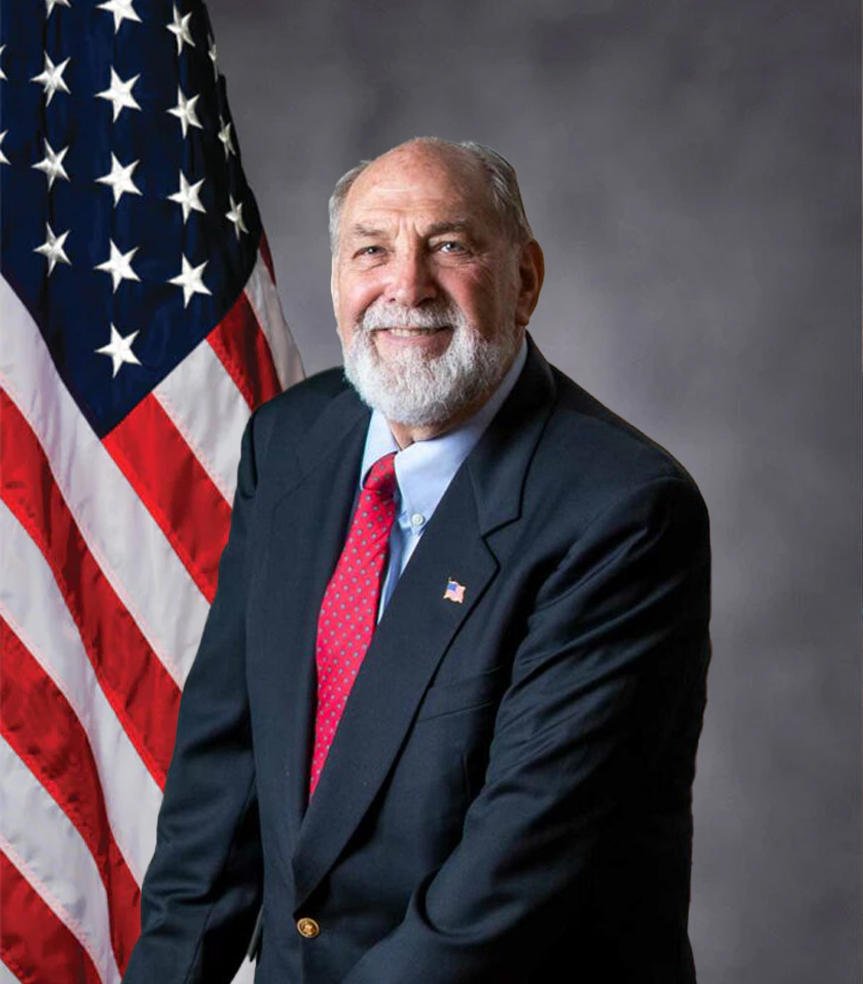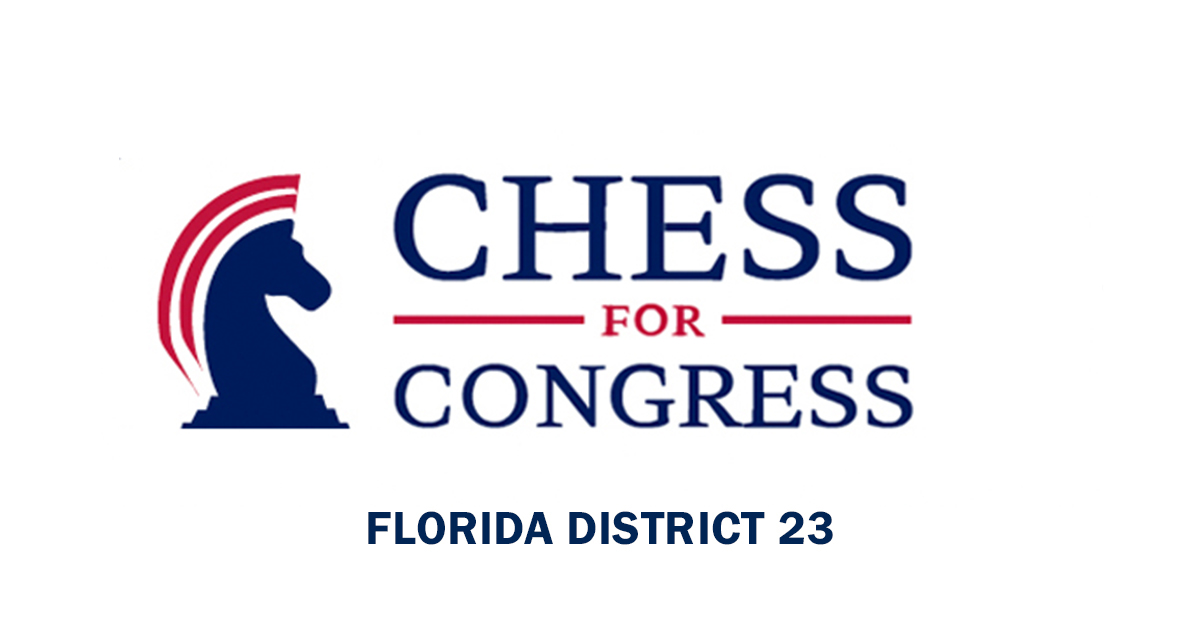
In the ongoing discourse surrounding women’s healthcare, a critical distinction is often overlooked: the difference between birth control and abortion. Birth control involves the prevention of pregnancy, while abortion entails the termination of a viable fetus. Unfortunately, these two fundamentally different processes are frequently conflated under the broad category of “women’s healthcare,” leading to confusion and misconceptions about personal freedoms and rights.
The Prevalence of Abortion
Abortion is a relatively common procedure in the United States. According to data from the Guttmacher Institute, there were approximately 862,000 abortions performed in the U.S. in 2017. Although I do not have the most current numbers, the significance of abortion within the spectrum of women’s healthcare remains considerable. It’s essential to discuss these figures openly to understand the scale and implications of abortion in our society.
A Call for Empathy and Understanding
To bring the realities of abortion into sharper focus, consider this analogy: imagine a woman caring for a puppy or kitten, only to be told after its birth that she must end its life herself. As someone who has lived on a farm, I am intimately familiar with the trauma associated with taking the life of any viable animal, whether for food or sport. This analogy is not to equate human life with animal life directly but to highlight the emotional and ethical weight of the act of ending a viable life.
The ease with which one can consider the termination of a pregnancy contrasts starkly with the difficulty of the act itself. Most people would find it unimaginable to personally end the life of a household pet, and yet, society discusses the termination of viable human pregnancies with considerably less emotional weight. This dissonance points to a need for a deeper, more empathetic engagement with the realities of abortion.
Reframing the Conversation
The discussion around abortion and birth control needs a framework that respects the gravity of the decision-making involved in each and recognizes the profound ethical, psychological, and social implications. By lumping abortion with other forms of women’s healthcare, we risk diluting the specific ethical considerations that abortion entails.
As we navigate this complex landscape, it is crucial to foster a more nuanced understanding of these issues, one that respects individual freedoms while engaging with the ethical dimensions of life and choice in a thoughtful and compassionate manner. Let us strive for a discourse that upholds the dignity of all involved and seeks to enlighten rather than obfuscate.




